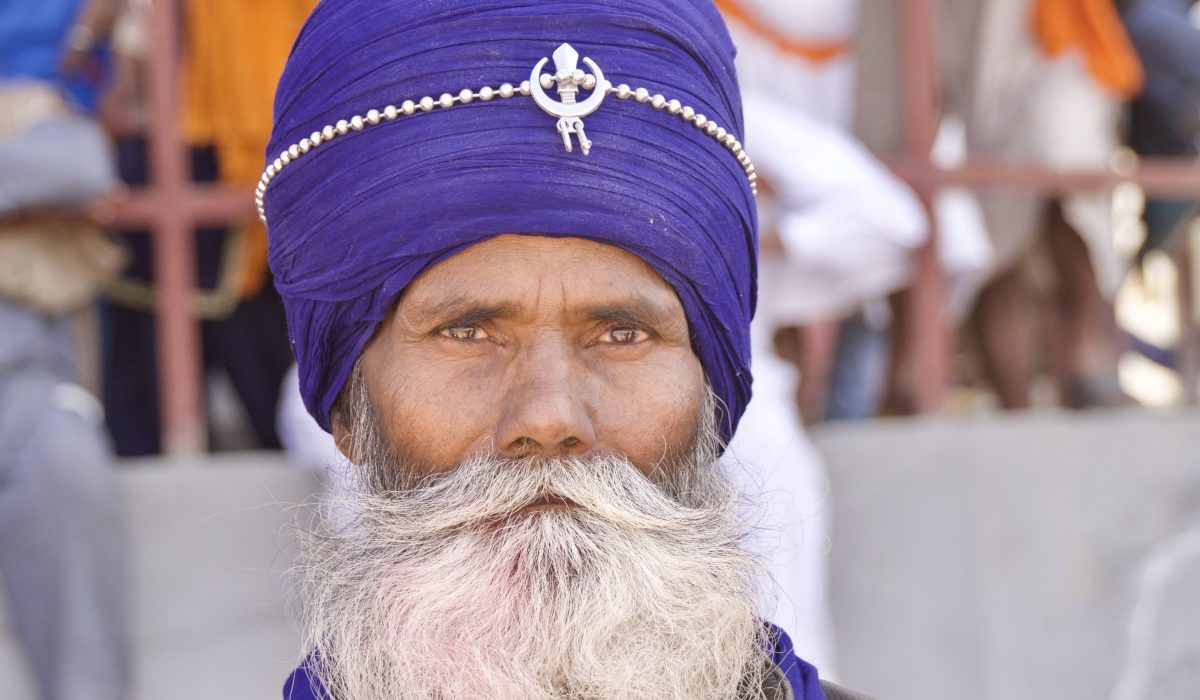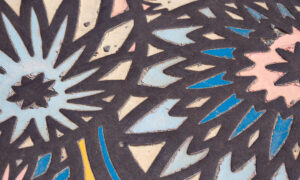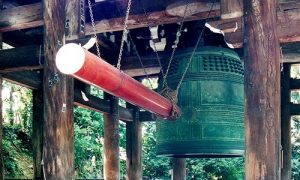
Fascination with Turbans
I don’t know why but I’ve always been fascinated with turbans. While commonplace in much of the world, they were seldom seen in the sheltered small town where I grew up in Western Michigan. That’s changed now, of course, but the mystique of a man wearing a turban has always fascinated me—evoking images of faraway exotic places I might like to visit.

Well, I have visited countries where wearing a turban is the norm and I’ve learned that turban is much more than a length of cloth. In some parts of India, the color and design denotes one’s occupation. I chronicled this in a blog post five years ago. Turbans and Saris add splashes of color in India I was particularly drawn to the wonderful red ones worn by the shepherds.
On a recent trip to Punjab and Gujarat provinces of India, I learned of the importance of a turban to the Sikhs. The men of the Sikh religion never cut their hair, keeping their heads and hair covered with tidy turbans.

I was curious about colors and was told that the most common colors are blue, orange, yellow and white, but a dapper Sikh man might just as easily coordinate the color of his turban to his outfit.
He would buy his turban at a turban shop. We visited one in Amristar before entering the Golden Temple. Since head coverings are a sign of respect some of the men in our group bought turbans and had them wrapped. I’m sure they’ll always remember this experience.
If you didn’t want to wear one, small orange scarves were provided for both men and women. Since I was aware of the custom of women covering their heads in India, I traveled with a light weight cotton scarf to wrap around my head.

A turban means a lot to a Sikh. I read where some consider to be it such as important symbol of their religion that wearing one gives the person “a standard to live up to.” Impressive.

I found the turban wrapping process fascinating. As you can see from the following photos the selected fabric, (about five yards) was stretched and spritzed with water. My assumption is that the fabric stretches even more when wet. Once around the head it would dry and give that nice tight fit. Here are some photos of the process.






I was also fascinated with the turbans worn by the Nihangs. Like…..how do they keep the big ones on? How long does it take to wrap? The Nihangs are described in Nihangs–Warrior Monks of the Sikh Religion.

The guys doing military demonstrations wore slightly smaller turbans and clearly the big honchos or senior members of the community wore the gigantic ones.


The adornments fascinated me so I did some research. Many include the Sikh symbol, lengths of metal, some chains representing rosary beads.

What intrigued me the most that historically a Nihang tucked their weapons into their turbans including scary ones to gouge out the eyes of an enemy. Whew. Small daggers and swords were hidden in turbans as well.

While we saw them at Hola Mohalla festival in a ceremonial role, it was clear to me that I won’t want to mess with one of these guys. They come prepared to do battle.




I took these photos on the Jim Cline Three Festivals Photography Tour in India in March. Stay tuned for more from this fascinating experience.






Comments
7 CommentsMargaret Idema
Aug 21, 2017Fascinating blog…I love all the colors and the decorations on them but I can’t quite imagine having to wear turbans in the India heat!
Susan J. Smith
Aug 22, 2017Actually we were in Northern India so I don’t know whether they get the extreme heat that exists in the south. Would be interesting to be there during the hot seasons.
Michelle Slikkers
Aug 22, 2017These photographs are ABSOLUTELY STUNNING! World Class!
Susan J. Smith
Aug 22, 2017Thank you so much. You are very kind.
Marie Preston
Aug 22, 2017Fascinating subjects, fantastic images!
Susan J. Smith
Aug 22, 2017Thank you, Marie, I really appreciate your comment.
Richard Edelen
Aug 27, 2017Hello Susan , I thought I had kept up on your stories but had missed this one, seeing him try it brought back a very fond memory. Thank you and keep up the writing and traveling.